Google is trialling a digital watermark to spot images made by artificial intelligence (AI) in a bid to fight disinformation.
Developed by DeepMind, Google's AI arm, SynthID will identify images generated by machines.
It works by embedding changes to individual pixels in images so watermarks are invisible to the human eye, but detectable by computers

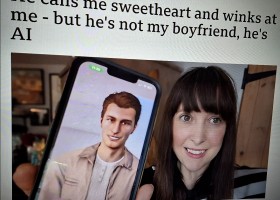


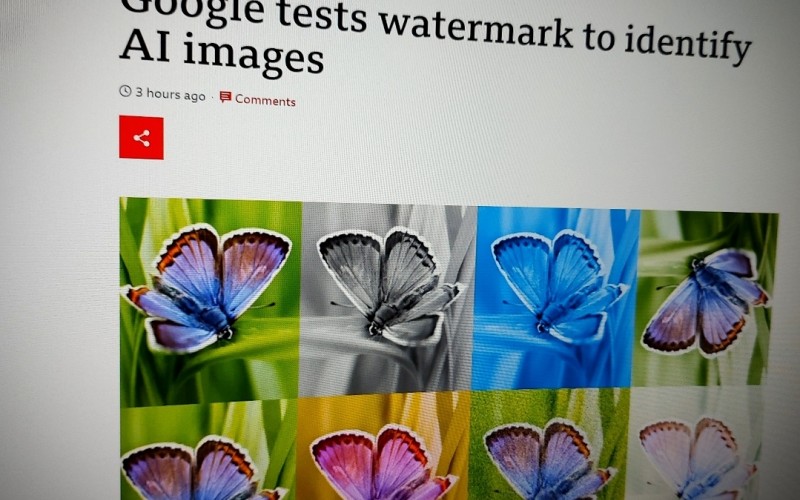


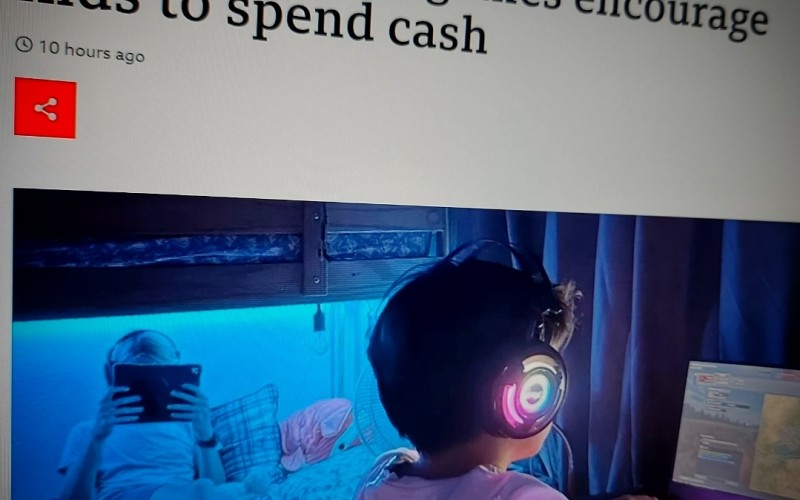
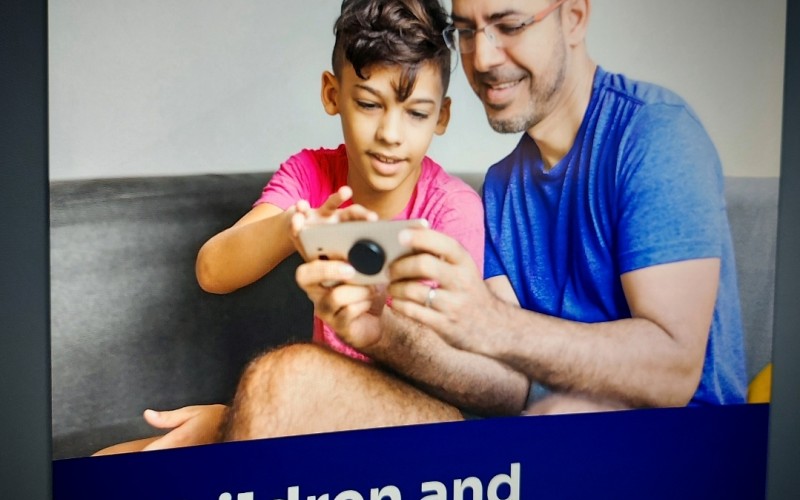
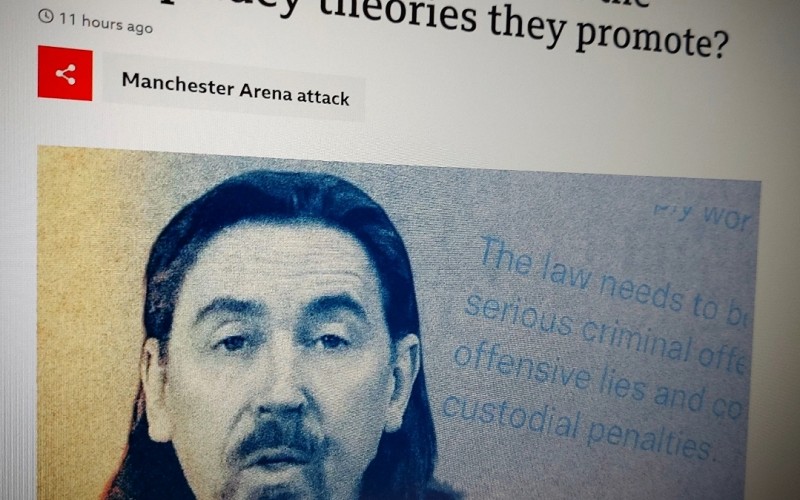
Comments
make a comment